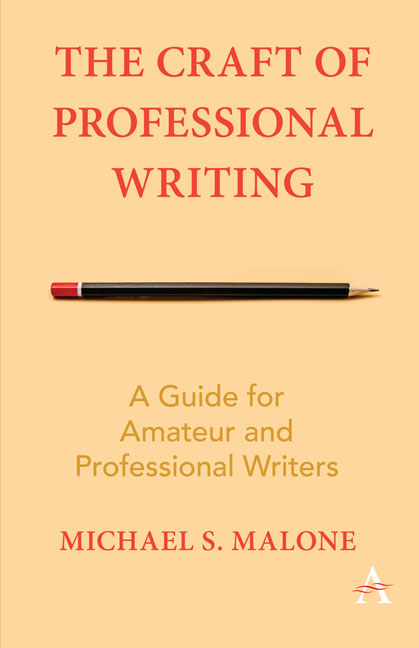Book contents
6 - Speechwriter
from Part Two - Corporate Careers and Disciplines
Summary
Speechwriting is among the oldest of writing professions, likely dating at least as far back as the birth of written language. Indeed, it's quite possible that some Neolithic chief or priest memorized his speeches— or had someone create them for him— in strictly pre- writing verbal form.
More than any other form of language, speeches have changed the course of history. We remember the words of great figures millennia after they were spoken, and more than any other form of writing those words still have the ability to thrill us today. Think of Cicero in the Roman Senate, Leonidas at Thermopylae, Lincoln at Gettysburg, Chief Joseph as he surrendered to the US Cavalry, Winston Churchill standing before Parliament in 1940, Martin Luther King on the National Mall. Even many of the greatest moments in other literary forms appear as speeches: the St. Crispin's Day speech in Shakespeare's Henry V and Hamlet's soliloquy, the Nantucket minister's sermon in Moby Dick and Tom Joad's exit in the movie version of The Grapes of Wrath.
Great speeches can turn certain defeat into victory. They can galvanize people to act or to steel themselves for an impending challenge. They can explain, appeal to duty, draw upon the conscience— and, in a few words (“Carthagio delenta est”; “Mr. Gorbachev, tear down this wall!”; “that government of the people, by the people, and for the people shall not perish from this earth”), bring inchoate thoughts into a tight focus that everyone can instantly understand.
For all these reasons, the speech is often considered the queen of writing, and thus the profession of speechwriting an exalted one. But it also comes with sacrifices, especially in our age. In an older, slower time great and powerful men and women wrote their own speeches. One can picture Cicero walking slowly through a temple, using it as his memory theater as, in his mind, he attaches vivid images to every statue and fixture while composing his next speech to the Senate. Or Lincoln, sitting in the guest bedroom of a Gettysburg house, composing the famous last paragraph of his Address.
- Type
- Chapter
- Information
- The Craft of Professional WritingA Guide for Amateur and Professional Writers, pp. 67 - 94Publisher: Anthem PressPrint publication year: 2018



